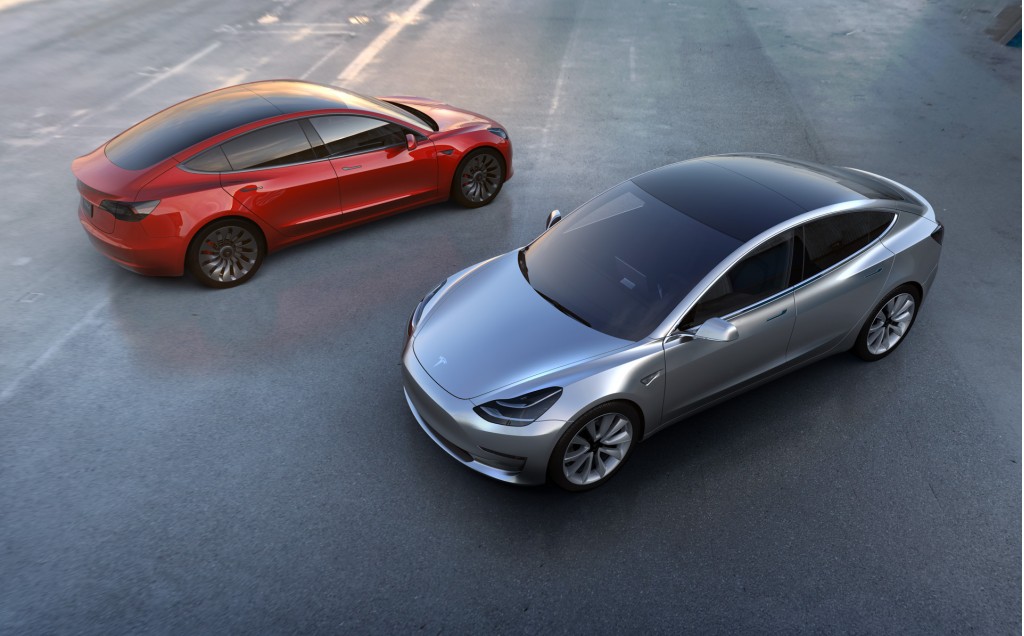South Korea currently offers electric-car subsidies, but only to shorter-range vehicles.
This somewhat unusual provision was put in place in 2012, the government says, to encourage sales of electric cars with convenient charging times.
Under the current rule, electric cars that can fully charge in under 10 hours on standard household current receive up to 22 million won ($18,328) in subsidies—but vehicles that take longer than that receive nothing.
DON'T MISS: China to crack down on green-car subsidy cheating: report
That cuts out longer-range electric cars with larger battery packs, which will take longer to charge from a standard household outlet.
South Korea is now considering changing the rule, Reuters reports, as government officials anticipate the arrival of long-range electric cars from Tesla and other automakers.
A government official told the news service that a consultancy had been appointed to look into the matter, and will submit a proposal "by June, but it could be much earlier."

Tesla Model 3
The government hasn't decided whether to keep the rule, discard it, or "come up with complementary rules," the official said.
Currently, the subsidy rule primarily affects Tesla and Chinese automaker BYD, both of which have considered bringing their long-range electric cars to South Korea.
Tesla had planned to open its first South Korean showroom in the Starfield shopping center near the capital city of Seoul by the end of this year.
ALSO SEE: 2016 BYD e6 electric taxi gets range increase to 187 miles: Forbidden Fruit
But issues with the registration process have pushed the opening date into early next year, Reuters says.
South Korea is among the top six countries for reservations of the 215-mile Tesla Model 3, which Tesla has said will start production toward the end of 2017.
BYD planned to enter the South Korean market earlier this year, but delayed because its e6 electric car would have been ineligible for subsidies, Reuters said.

Chinese battery electric crossover: BYD e6 test drive, Los Angeles, May 2012
The latest model of the BYD e6 is EPA-rated at 187 miles of range from its battery pack, which is slightly larger than 80 kilowatt-hours.
The e6 has been certified by the U.S. Environmental Protection Agency for four separate model years, since 2012, but BYD is only testing the car in the U.S. in limited fleet usage.
BYD sold more plug-in electric cars than any other automaker last year, primarily due to robust sales in its home market.
MORE: Koreans add to Chevy confusion chorus over Bolt, Volt names
Meanwhile, there are no plans to sell the Chevrolet Bolt EV in South Korea at launch, or a concrete timeline for the start of sales in the country.
That could be somewhat awkward, considering that local firm LG did a considerable amount of development work on the car—and its predecessor, the Spark EV, was built and sold in South Korea.
LG provided not only battery cells, but other major components like the electric drive motor, onboard charger, and the infotainment system of the Bolt EV, which GM says allowed the company to shorten the development time of its long-range electric model.
_______________________________________________












